Did you know that nearly one in five American adults live with a behavioral health disorder?
One of the most common psychiatric conditions that people struggle with is depression. Our “Am I Depressed Quiz” can help you or a loved one could gain insight into whether or not what you are experiencing could be diagnosed as depression.
If you are feeling down, scared, and don’t know what to do we have an easy first step. By answering a few questions, we can work out how likely you are to have depression and whether you should seek help.
However, we do always recommend you speak to a professional if you have concerns about your behavioral health. At New Method Wellness, we can help treat depression and give you your life back. Get in touch with our team to speak to a professional and start your road to recovery.
This online screening is not a diagnostic tool. Only a trained medical professional, like a doctor or behavioral health professional, can help you determine the best treatment for you.
Everybody feels low from time to time. But, there’s a difference between normal mood fluctuations and depression. Just because you’re feeling hopeless at a certain period of time, even if it’s lasted for a few days, doesn’t necessarily mean you’re depressed.
Depression is characterized by strong, sad emotions that get a grip on your life and don’t let go. It’s a serious mental illness that goes beyond regular emotions and can leave people seriously debilitated.
If you or someone you know may be depressed, you should always take it seriously, just as you would with a potential physical illness. Take a look at our guide to depression, including more on the causes and symptoms, to get a better idea of what this mental illness entails.
Depression can vary wildly from person to person. It’s best not to have a set checklist that you measure everybody against because every case is different. Having said that, there are signs of depression that are seen commonly and can help you identify if you’re depressed.
Here are some of the most frequent symptoms:
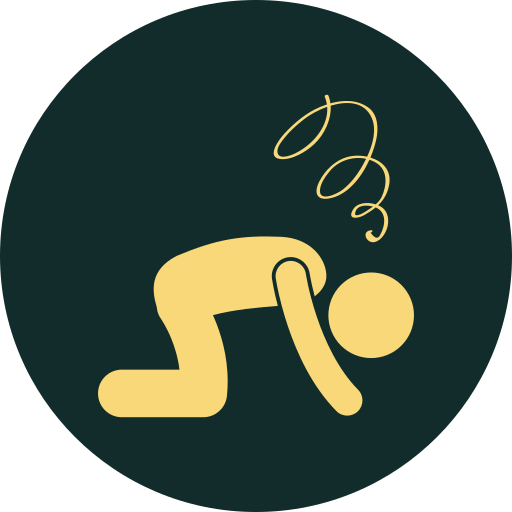
A common symptom of depression is having a bleak outlook on life. You might feel that nothing will ever get better and that you can’t improve your situation, no matter what you do.
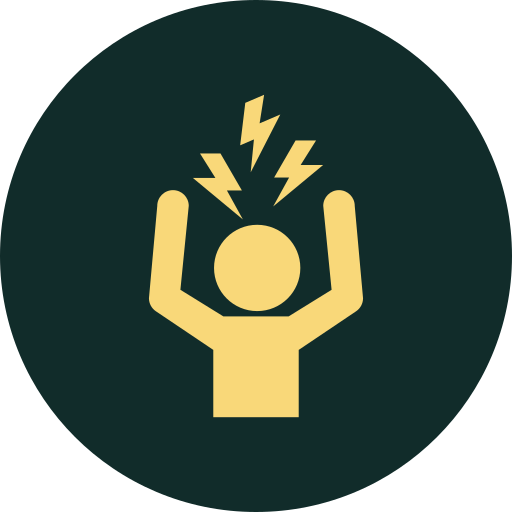
A lot of depression sufferers find themselves easily irritated and aggravated. You may even feel violent, with a low tolerance for anything that irritates you. You might feel as though everything and everyone is getting on your nerves.

Commonly, depression causes a loss of interest in daily activities that you once enjoyed. Social activities and hobbies don’t hold interest because they simply don’t feel pleasurable anymore.
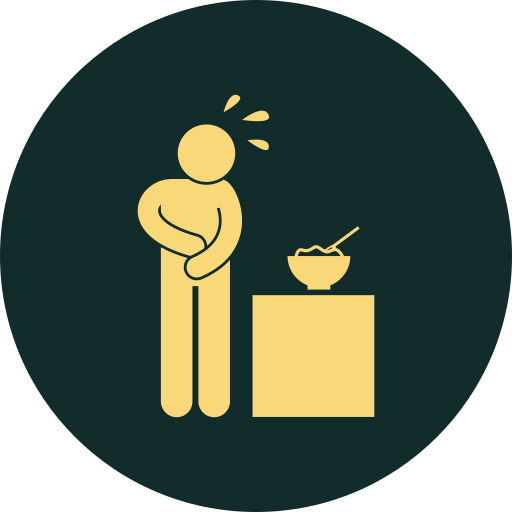
Not feeling hungry for sustained periods of time can be a symptom of depression, as can overeating. A weight change of more than 5% either way in a month is classed as significant weight gain or loss.
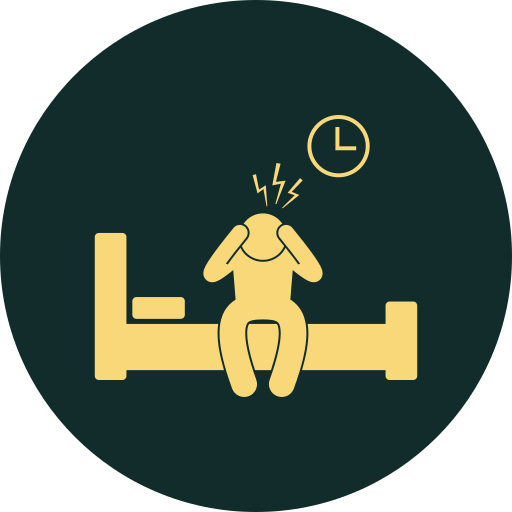
You can suffer from both insomnia and oversleeping with mental illness. This is especially true in the early hours of the morning.
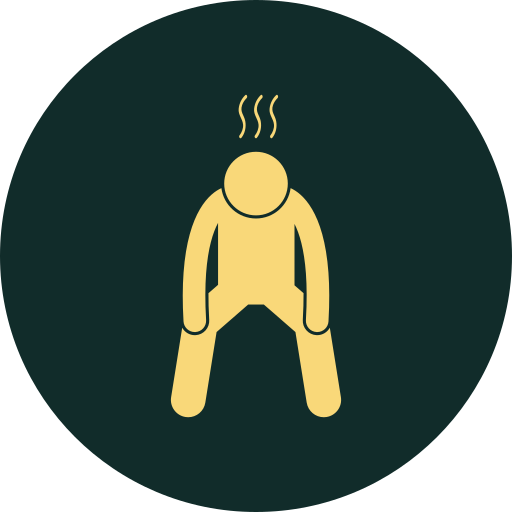
Suffering from a loss of energy is a typical sign of depression. You might not want to get out of bed all day and feel tired very quickly if you do. Your entire body can feel heavy, with even small tasks exhausting you.
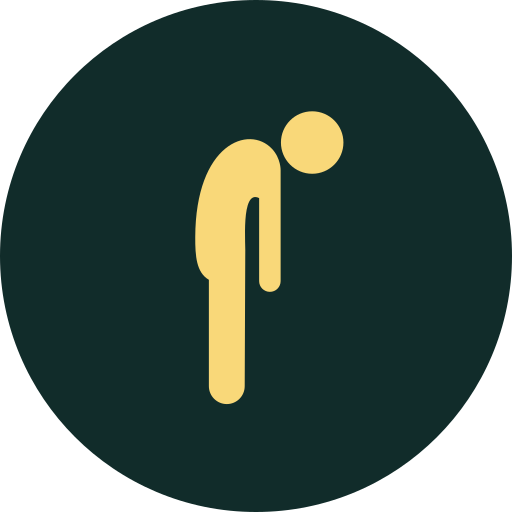
Feeling negative thoughts towards yourself is horrible, and it’s a typical symptom of mental illness. You might feel worthless, guilty, and criticize your perceived faults harshly.
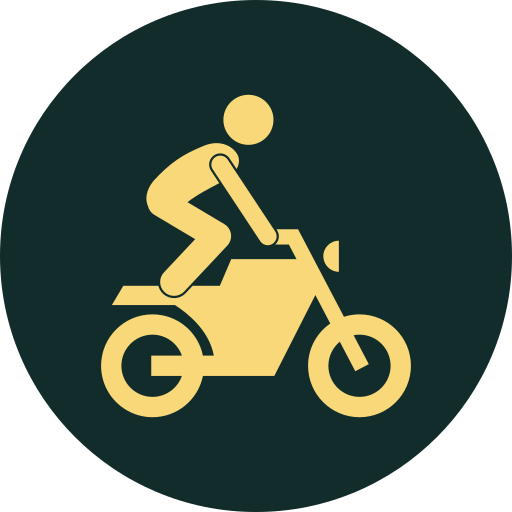
Taking risks and being reckless is a form of escapism for sufferers of depression. Substance abuse, reckless driving, and gambling can all be related to mental illness. But, substances like alcohol can also worsen depression, leading to a vicious cycle.
Spotting depression in others isn’t quite as easy as taking a depression test or matching the symptoms to your own feelings. But, there are ways to spot depression in others including, but not limited to, looking for those signs mentioned above.
You may see that the individual has stopped taking care of themselves. They may clean less frequently, not bother making themselves look nice, and wear the same clothes for days in a row. This can also be seen in their home, where they might have stopped cleaning and allowed it to fall into disarray.
Withdrawing at social events is another sign. If the individual comes to events but rarely joins in, or stops coming, you should start to look out for other symptoms.
If you spot any signs of self-harm, reckless behavior, and negative self-talk, you shouldn’t let them slide. These can all be symptoms of serious depression, and to leave them unchecked isn’t a good idea.
Depression doesn’t have one single cause, and it’s still not fully understood by doctors and scientists. However, we do know much more now than we did even a few decades ago, and knowledge around behavioral health is constantly expanding.
There are a few known causes of depression. It’s normal for people to have a combination of a few causes which causes a downward spiral.
For example, they may experience something negative, like a breakup, which causes them to feel low and stop going out. The lack of social interaction makes them feel worse, so they begin drinking more alcohol. All of this together leads to depression rather than one single event.
However, many people can experience one single thing that causes depression. Or, they may simply suffer for no tangible reason.
Some common causes of depression include:

A traumatic event can cause some people to become depressed. This could be bereavement, the breakdown of a relationship, the loss of a job, or anything else that can be stressful and sad.

You can have a genetic predisposition to depression and other behavioral health issues. This doesn’t always mean that you will be depressed, but it can make it easy for other events to trigger depression.
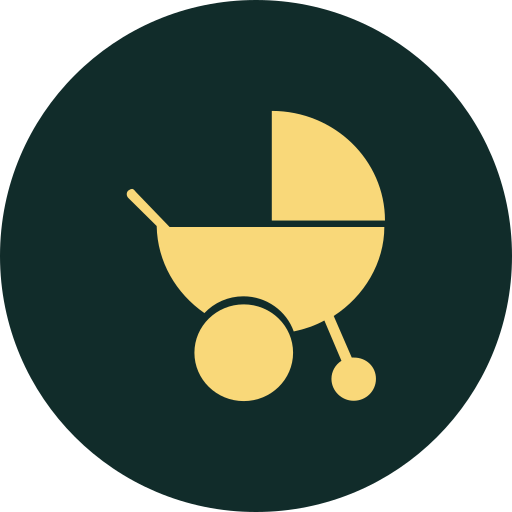
It’s quite common for women to experience depression after giving birth. In fact, around 50% of women will experience a mild depression when their new child has arrived.
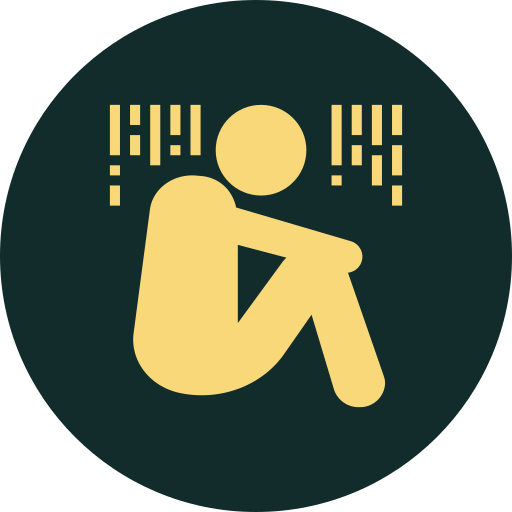
Feeling lonely is a major cause of depression. Whether you’ve been cut off from family because of a falling out, or you have to stay at home due to illness or because of something like Covid, it can lead to extreme lows and feelings of helplessness.
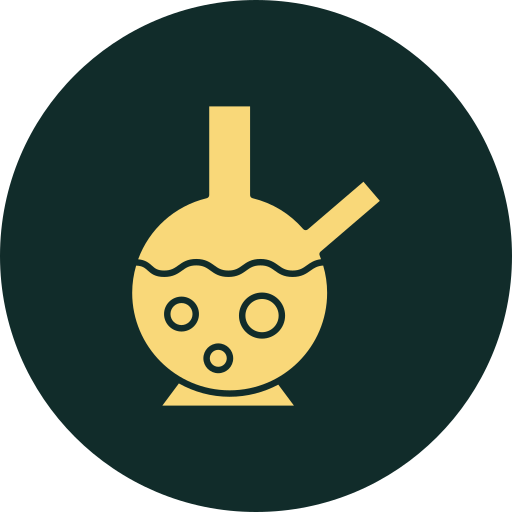
A lot of people who suffer from depression turn to substances like alcohol and drugs as a form of escapism. But this can cause a downward spiral of depression. Many of these substances, including cannabis, can induce depression and if you’re already suffering, this definitely isn’t good.
Depression is incredibly difficult to live with, but there are a lot of treatments available to help. While not all of these are designed to cure mental illnesses, they make them easier to deal with. With the right treatment, depression sufferers can take back control of their lives and find healthy levels of joy again.
Psychotherapy or Talk Therapy is a common treatment for depression. Sorting through past trauma, understanding your emotions, and learning coping mechanisms with a trained therapist are all fantastic ways of helping people deal with their behavioral health conditions.
Medication can be used to treat depression, too. This works on a chemical level to help regulate the hormones in your body that control mood, preventing those feelings of severe hopelessness and helping you to stay afloat while you deal with any underlying issues in therapy. Together, the two treatments can be enough to get your life back on track.
There are plenty of alternative treatments out there that have varying degrees of effectiveness for different people. Exercise is well-known for increasing endorphins – a chemical that’s linked to feelings of wellness and happiness – and can alleviate some symptoms of depression. Painting, creating music, yoga, and getting outside among nature are all great options.
In severe cases of major depression, individuals might need to be hospitalized. Entering a hospital reduces the risk of self-harm and keeps the individual in a safe, understanding environment to begin the road to recovery. They’ll be cared for by trained specialists and get the help they need.
Deanna Crosby is a Licensed Marriage and Family Therapist (LMFT) with over 20 years of experience working with clients in recovery. Her expertise has catapulted her into the spotlight. Featured on several episodes of the Dr. Phil Show as a behavioral health expert, DeAnna is a routine contributor for NBC News, The Huffington Post, Elle Magazine, MSN, Fox News, Yahoo, Glamour, Today, and several other prominent media outlets.
After receiving her bachelor’s degree from the University of California in Irvine, Crosby did postgraduate work at Centaur University where she graduated at the top of her class with a CAADAC certification in Centaur’s chemical dependency program. Following her time at Centaur, Crosby received her Master of Counseling Psychology degree from Pacifica Graduate Institute, where she also attained a Doctoral Degree in Depth Psychology.
Accredited by:
New Method Wellness
We firmly believe that the internet should be available and accessible to anyone, and are committed to providing a website that is accessible to the widest possible audience, regardless of circumstance and ability.
To fulfill this, we aim to adhere as strictly as possible to the World Wide Web Consortium’s (W3C) Web Content Accessibility Guidelines 2.1 (WCAG 2.1) at the AA level. These guidelines explain how to make web content accessible to people with a wide array of disabilities. Complying with those guidelines helps us ensure that the website is accessible to all people: blind people, people with motor impairments, visual impairment, cognitive disabilities, and more.
This website utilizes various technologies that are meant to make it as accessible as possible at all times. We utilize an accessibility interface that allows persons with specific disabilities to adjust the website’s UI (user interface) and design it to their personal needs.
Additionally, the website utilizes an AI-based application that runs in the background and optimizes its accessibility level constantly. This application remediates the website’s HTML, adapts Its functionality and behavior for screen-readers used by the blind users, and for keyboard functions used by individuals with motor impairments.
If you’ve found a malfunction or have ideas for improvement, we’ll be happy to hear from you. You can reach out to the website’s operators by using the following email juanita@newmethodwellness.com
Our website implements the ARIA attributes (Accessible Rich Internet Applications) technique, alongside various different behavioral changes, to ensure blind users visiting with screen-readers are able to read, comprehend, and enjoy the website’s functions. As soon as a user with a screen-reader enters your site, they immediately receive a prompt to enter the Screen-Reader Profile so they can browse and operate your site effectively. Here’s how our website covers some of the most important screen-reader requirements, alongside console screenshots of code examples:
Screen-reader optimization: we run a background process that learns the website’s components from top to bottom, to ensure ongoing compliance even when updating the website. In this process, we provide screen-readers with meaningful data using the ARIA set of attributes. For example, we provide accurate form labels; descriptions for actionable icons (social media icons, search icons, cart icons, etc.); validation guidance for form inputs; element roles such as buttons, menus, modal dialogues (popups), and others. Additionally, the background process scans all of the website’s images and provides an accurate and meaningful image-object-recognition-based description as an ALT (alternate text) tag for images that are not described. It will also extract texts that are embedded within the image, using an OCR (optical character recognition) technology. To turn on screen-reader adjustments at any time, users need only to press the Alt+1 keyboard combination. Screen-reader users also get automatic announcements to turn the Screen-reader mode on as soon as they enter the website.
These adjustments are compatible with all popular screen readers, including JAWS and NVDA.
Keyboard navigation optimization: The background process also adjusts the website’s HTML, and adds various behaviors using JavaScript code to make the website operable by the keyboard. This includes the ability to navigate the website using the Tab and Shift+Tab keys, operate dropdowns with the arrow keys, close them with Esc, trigger buttons and links using the Enter key, navigate between radio and checkbox elements using the arrow keys, and fill them in with the Spacebar or Enter key.Additionally, keyboard users will find quick-navigation and content-skip menus, available at any time by clicking Alt+1, or as the first elements of the site while navigating with the keyboard. The background process also handles triggered popups by moving the keyboard focus towards them as soon as they appear, and not allow the focus drift outside of it.
Users can also use shortcuts such as “M” (menus), “H” (headings), “F” (forms), “B” (buttons), and “G” (graphics) to jump to specific elements.
We aim to support the widest array of browsers and assistive technologies as possible, so our users can choose the best fitting tools for them, with as few limitations as possible. Therefore, we have worked very hard to be able to support all major systems that comprise over 95% of the user market share including Google Chrome, Mozilla Firefox, Apple Safari, Opera and Microsoft Edge, JAWS and NVDA (screen readers), both for Windows and for MAC users.
Despite our very best efforts to allow anybody to adjust the website to their needs, there may still be pages or sections that are not fully accessible, are in the process of becoming accessible, or are lacking an adequate technological solution to make them accessible. Still, we are continually improving our accessibility, adding, updating and improving its options and features, and developing and adopting new technologies. All this is meant to reach the optimal level of accessibility, following technological advancements. For any assistance, please reach out to juanita@newmethodwellness.com